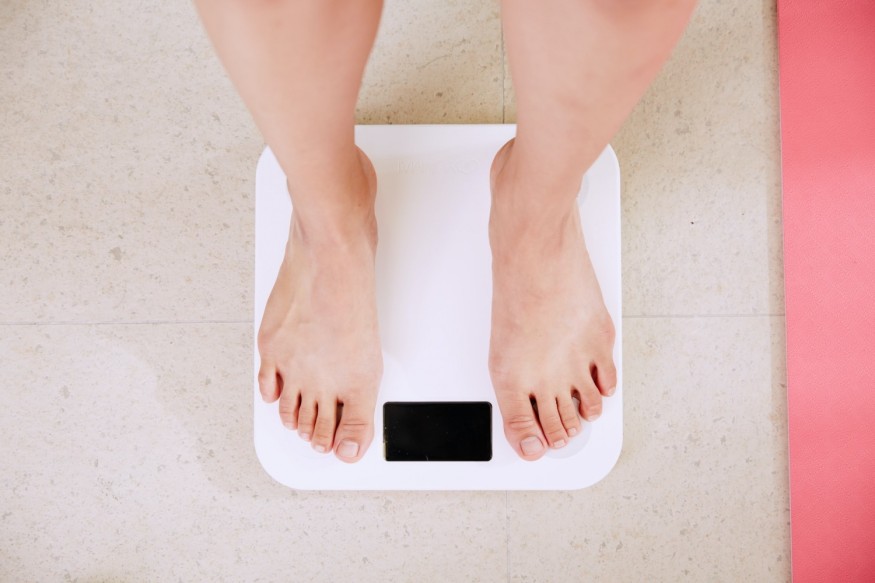Weight-Loss Percentage: What Is It and How Can It Help You in Your Weight-Loss Journey?

Part of your weight-loss journey is tracking your progress and keeping your habits and routines consistent. However, it can be frustrating when the scale refuses to record the kind of progress and changes you have been eyeing.
Melissa Majumdar, a registered dietitian in Decatur, Georgia, noted that when she counsels her patients with a weight loss goal, they usually focus on something than a number, according to a U.S. News Health report.
Majumdar noted that they can change the diet and behaviors that influence weight. However, they cannot change the numbers on the scale.
The registered dietitian said that it is better to focus on the non-scale victories, such as meeting the physical exercise goal or sleeping the required number of hours to achieve weight loss.
However, health experts do not deny that numbers can be a great help when it comes to tracking progress.
Nancy Farrell Allen, a registered dietitian nutritionist, said that numbers challenge people to work harder and motivate people to work toward their goals.
How to Measure Weight Loss?
Body fat percentage can be a better help when you want to ensure if you're hitting targets you have set for yourself.
The scale does not always tell the whole story, while knowing your body fat percentage can give you a better idea of how much fat you need to shed, according to a Very Well Fit report.
You can find your body fat and lean weights by multiplying your weight by your body fat percentage.
Measuring your body parts such as hips, thighs, and biceps can give you a more accurate picture of your body composition.
Take them once a week or once a month to see if you are losing inches from these areas of your body.
One of the simplest ways to track your weight loss is to see how your clothes fit. Take a picture of yourself wearing a bathing suit.
You can also choose a part of pants that are a little tight and try them on every four weeks to see how they fit you, while also noting which parts feel loose and tight.
Losing a Percentage of Your Body Weight
National Heart, Lung, and Blood Institute noted that losing just five to 10 percent of your current weight over six months will lower your risk for heart disease and other conditions, according to a Live Strong report.
In addition, it lowers your risk for diabetes. People carrying around just 10 to 20 extra pounds can be at significantly greater risk of type 2 diabetes as compared to people with a healthy weight.
A 2011 study published in the journal Diabetes Care revealed that people who lost five percent of their body weight were more likely to see a decrease in their hemoglobin A1C level, according to an Everyday Health report.
People who also lost five percent or more of their body weight were reported to have more quality sleep.
A 2014 study by University of Pennsylvania researchers noted that losing weight can lead to longer and more restful sleep despite not having any sleep apnea.
Cynthia Sass, MPH, RD, a dietitian in New York and Los Angeles, said that clients with small amounts of weight loss have improved sleep.
Sass is also the author of Slim Down Now: Shed Pounds and Inches with Real Food, Real Fast.
READ MORE : Chile's Government Gave Out Flawed Birth Control Pills Which Caused Dozens of Unplanned Pregnancies
This article is owned by Latin Post
Written by Mary Webber
WATCH: How Does Fat Leave the Body? Where does the fat GO? - from The Healthy Life
Subscribe to Latin Post!
Sign up for our free newsletter for the Latest coverage!
© 2025 Latin Post. All rights reserved. Do not reproduce without permission.














